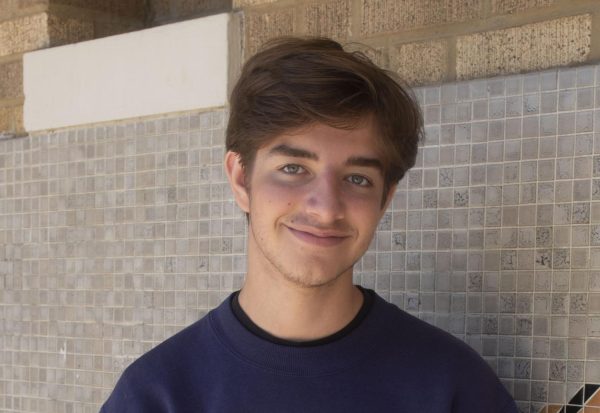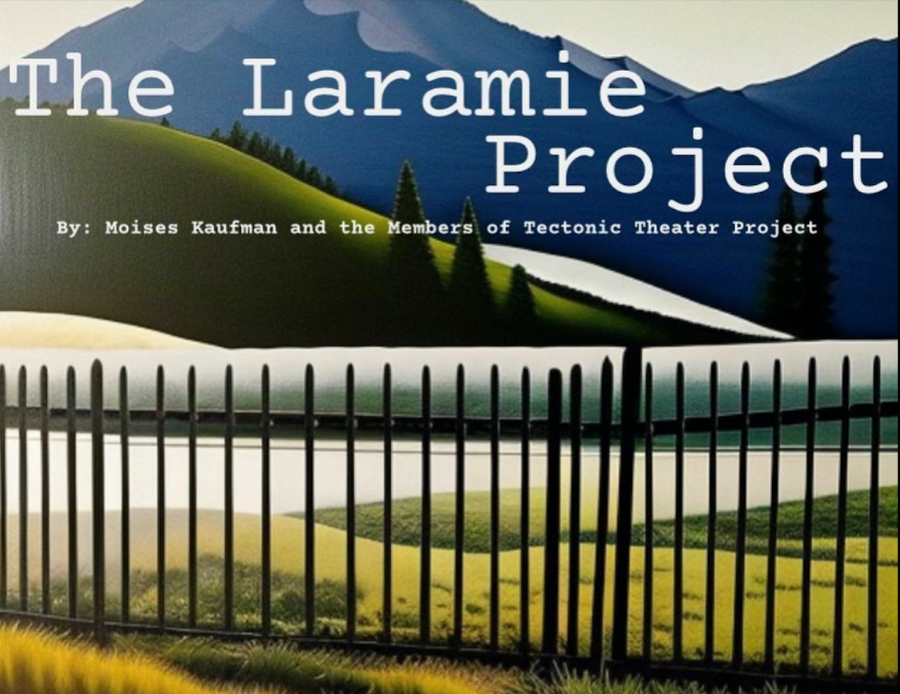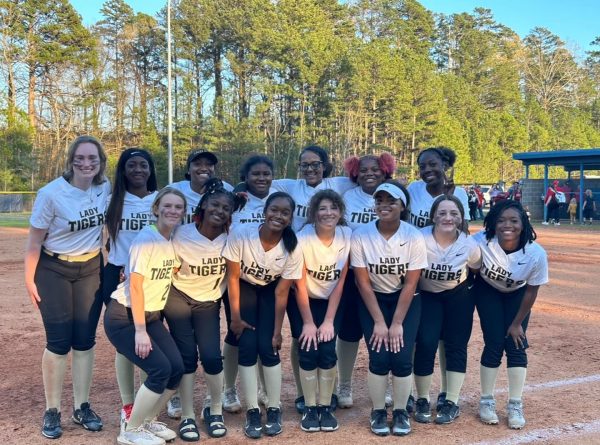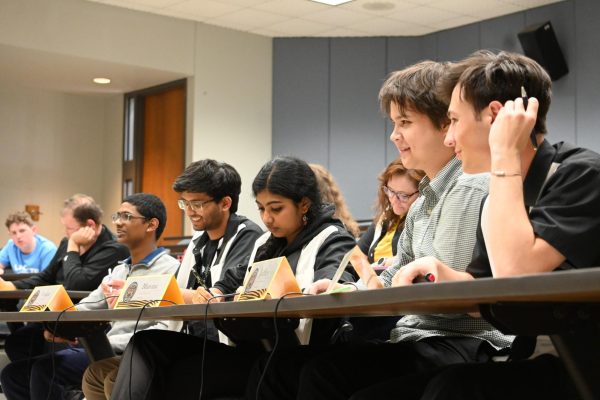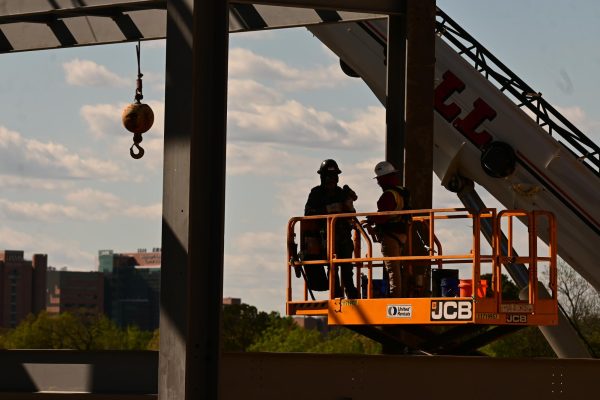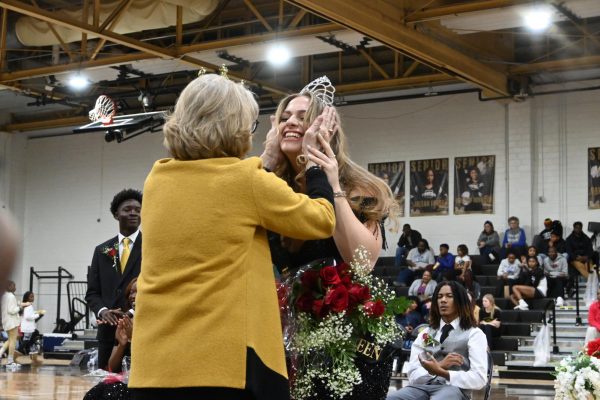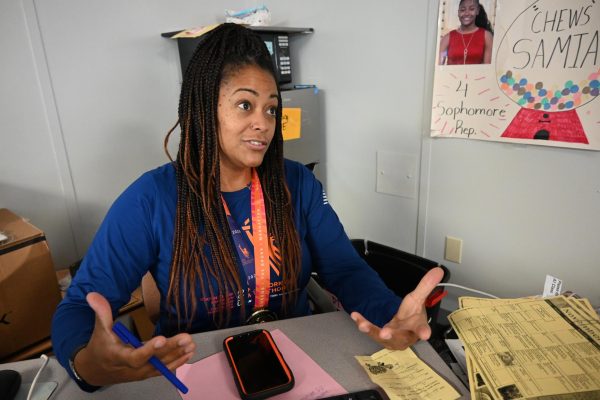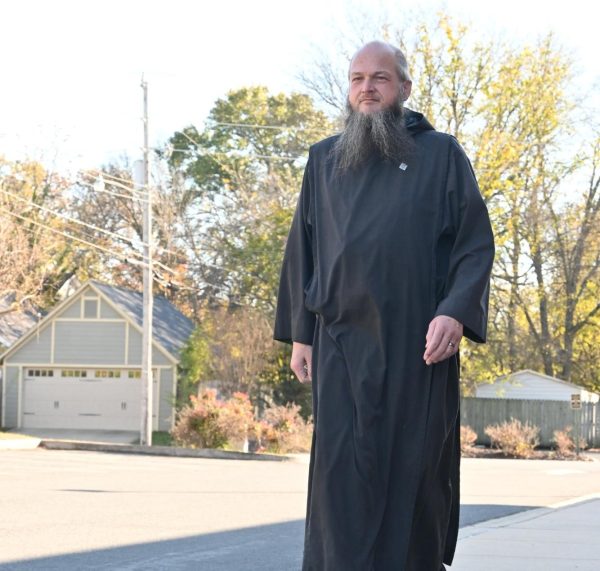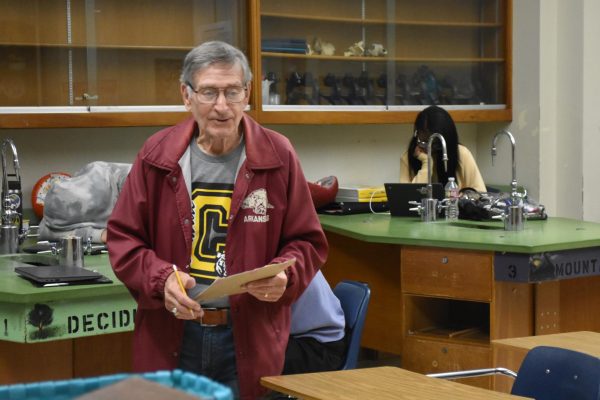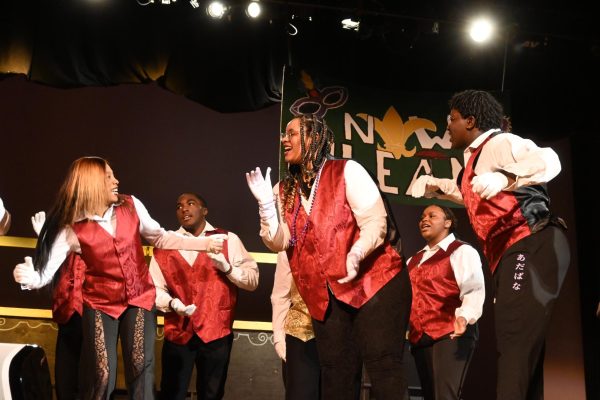From Laramie to Little Rock: Spring Play Highlights Lack of Hate Crimes Legislation
Friday March 10 and Saturday March 11, the theater department will present “The Laramie Project,” a play written in 2000 by Moisés Kaufman and members of the Tectonic Theater Project that details the reaction to the murder of Matthew Shepard, a gay University of Wyoming student, among community members in Laramie, Wyoming. The play was written through the use of transcripts from direct interviews with those living in Laramie in the aftermath of Shepard’s death.
The show’s playbill describes it as “an account of the tragedy, aftermath, and individuals’ minds surrounding a case of hate in Laramie, Wyoming, headlining that we live in a world where the contrast between acceptance and tolerance, avoidance and action, ignorance and education, love and hate is as vast as the contrast between black and white.”
Immediately following Shepard’s murder in 1998, most states across the country adopted new laws designed to increase penalties for hate crimes, which are typically defined as any criminal act motivated by prejudice on the basis of race, ethnicity, gender, or sexual orientation. In 2009, President Barack Obama signed the Matthew Shepard and James Byrd Jr. Hate Crimes Prevention Act into law, which guarantees protection against hate crimes at the federal level. Today, only three states lack their own laws targeting hate crimes: South Carolina, Wyoming (where Shepard was murdered), and Arkansas.
The play’s relevance to contemporary cultural and political issues, especially in the context of Arkansas’ lack of hate crime legislation, was apparent to cast members, including Junior Joie Willoughby, who has multiple monologues throughout the show.
“Hopefully, this play will be able to inform other people across the state that we lack a hate crimes law and also push that kind of legislation into a more serious discussion,” Willoughby said. “It’s not that I think that our performance will, in the long run, change what the legislature decides to do, but it’s definitely a step in the right direction.”
Willoughby also identified parallels between the culture of Laramie in the late 1990s and that of Little Rock today.
“There’s a lot of similarities in terms of how they talk about each other and how we understand each other. And now of course, we are more educated on these topics,” she said. “But a lot of the opinions that are shared throughout the original group of people who were interviewed are seen in today’s culture as well.”
Junior Brady Chandler, who plays multiple characters throughout the show, observed that in both the play and in today’s society, people remain hesitant to assign hate as the primary motivation for many instances of violence against marginalized groups.
“We see the same rhetoric reflected constantly when violence happens to people on the basis of things like their sexuality, their race, or their gender. The motivation behind these actions is always denied,” Chandler said. “And so things like the murder of Matthew Shepard are seen as some random act of violence, and the root cause of violence is never addressed. That is an issue that the play deals with very extensively, which is important, because, especially in conservative communities, we still see this happening.”
With that being said, Chandler believes the power of the play extends beyond the existence of hate crimes legislation or lack thereof.
“Ultimately, I believe the passage of hate crimes legislation is reactionary because the play proves that, even with hate crime legislation, we would still lack fundamental protections for queer people. They would still be unsafe in a lot of situations, and this show highlights that such a sense of insecurity is sort of a timeless phenomenon, not in the sense that it will always exist but in the sense that queer people today can relate our experiences to those from the past,” she said.
Chandler also believes the play should uplift audiences in a time of political change.
“This show also provides a certain level of hope and demonstrates the good things that can come out of situations like this one and the ways that we can look for change, which is something that is really valuable, especially in a time like this, where we see a lot of bad things going on across our state,” she said. “We can move away from that, and this play can help us move in a new direction.”
“The Laramie Project” will be showing Friday, March 10 at 7 p.m. and Saturday, March 11 at 2 p.m. Admission will be $10 for adults and $5 for students.
